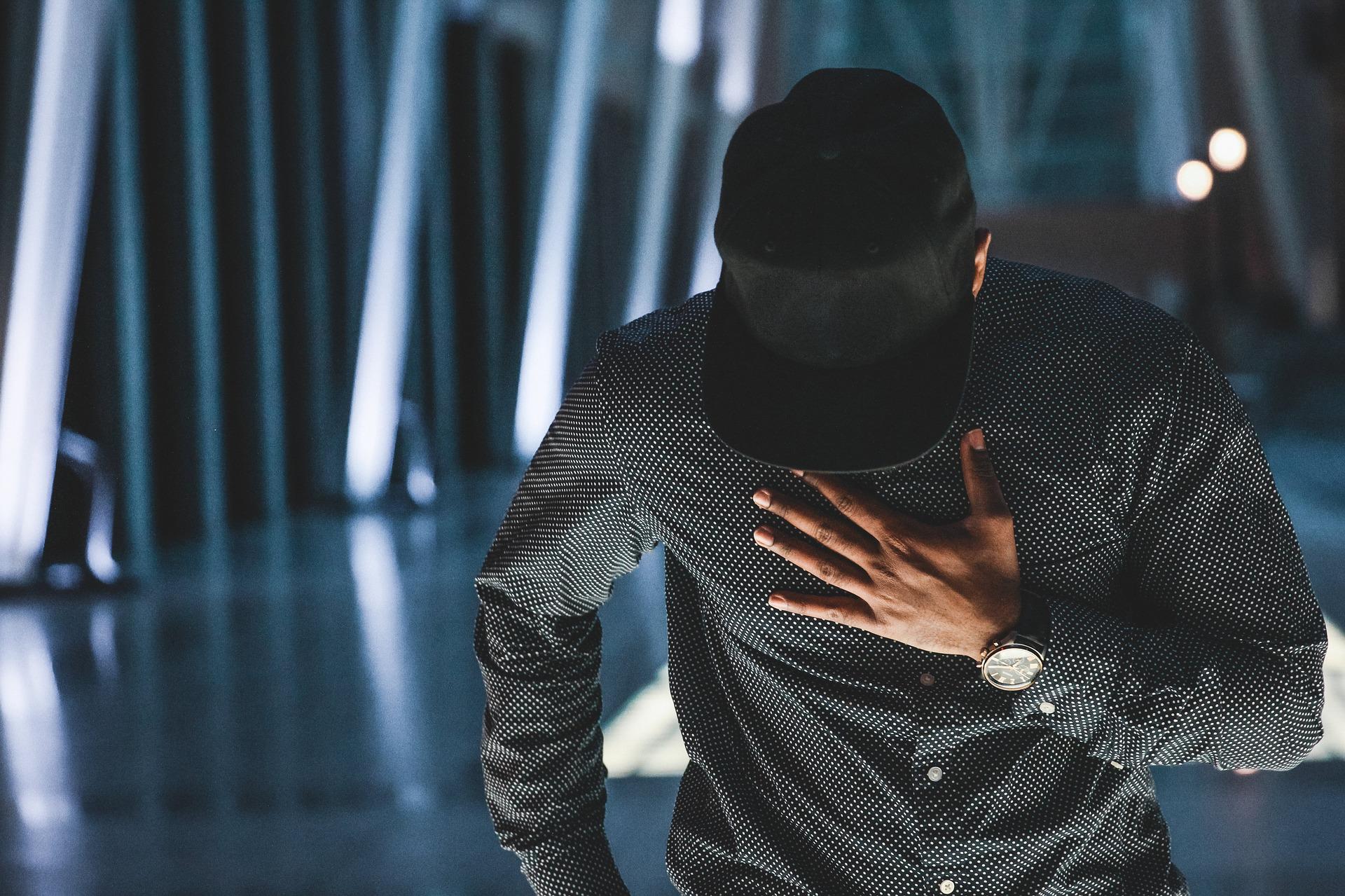
Male survivors of sexual assault and violence are often misunderstood, particularly queer men. Doug Meyer researched how queer men of different races perceived their experiences of sexual assault. He finds that white queer men and Black queer men understand their sexual assaults differently.
Meyer interviewed sixty queer men in the United States who were survivors of sexual assault. Previous research has shown that emasculation is common among male survivors. By experiencing sexual violence men may feel that their masculinity or “manhood” has been lost or damaged. Meyer asked whether queer men also felt emasculated by sexual assault and whether this differed by race. He finds that white queer men generally understood their assault as emasculating, but such feelings were much more rare among Black queer men.
Instead, queer Black men highlighted feelings of loneliness and social isolation following their assault. This social isolation stemmed from a lack of support from family and the broader community, as well as fears that they would not be believed. Further, Black men emphasized fear of police hostility following their assault. Because of racist and/or homophobic experiences, queer Black men lacked resources to heal from sexual trauma and therefore felt alone.David, a young Black gay man, explained his feelings following his assault: “I felt very alone. Like I couldn’t tell anyone, like there was no one I could go to. The police wouldn’t believe me, my family would have asked why I went there. I tell the police, they’re gonna look at it as I’m making trouble – who is going to believe me?”
Because of distinct experiences due to social marginalization and racism, queer Black men do not perceive their assault as a form of emasculation. Contrary to prior research, Meyer found that only white queer men in his study felt emasculated. This study reminds us to reexamine commonly held assumptions about sexual assault and explore how the experiences of survivors differ across multiple identities.

Comments